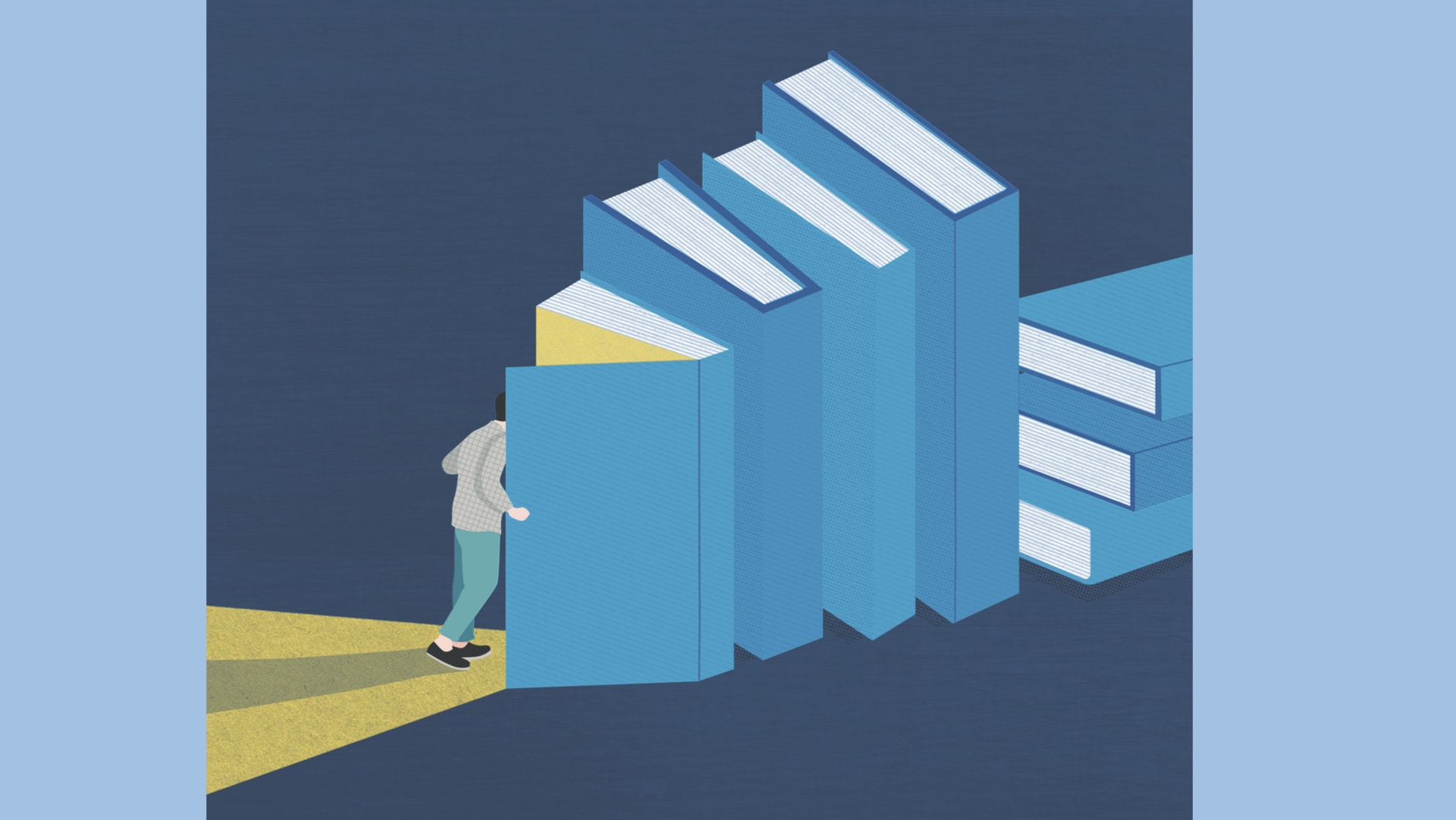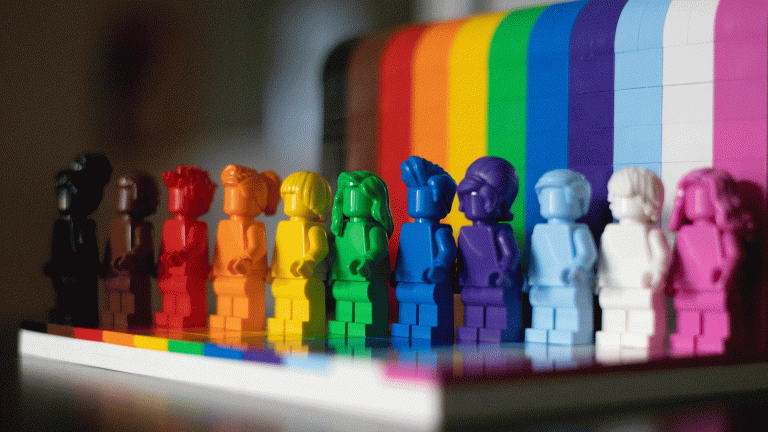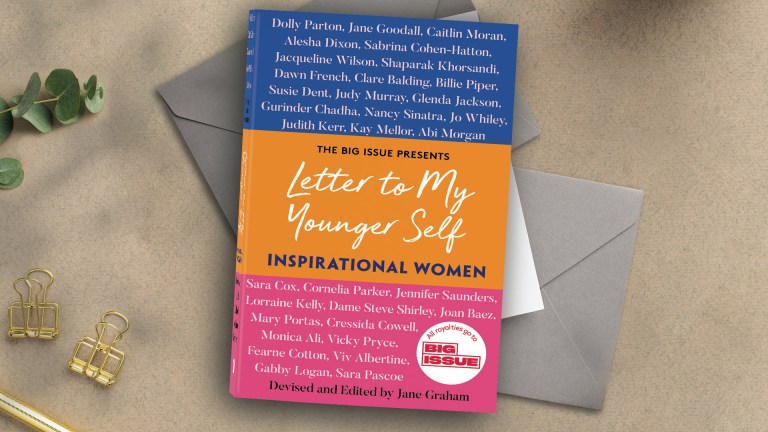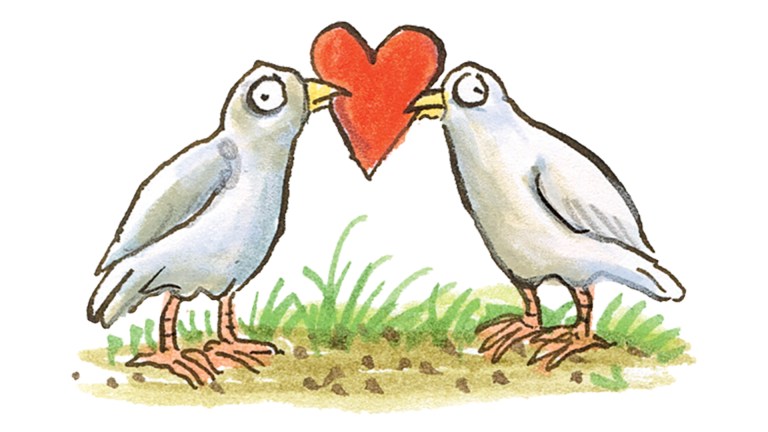What you are doing right now is astonishing: reading.
We often take it for granted because the basic skills are gained so early. By the time we’re adults, the letters are transparent: we move straight from lines to universes. This is one reason why reading is so neglected as a craft. Like spectacles, it’s so close to us we can’t see it.
Reading is also more private – it lacks the public kudos of authorship. So we hear a great deal about writing: festivals, ‘how to’ guides in newspapers and magazines, courses, alongside raves and rages about indiv-idual authors. Readers remain out of the spotlight, rarely lauded for their labours. Many aspire to being great authors – few to being great readers.
Yet without readers there are no texts. We take the sensations – ink on paper, liquid crystal behind glass – and turn them into sense. To paraphrase Spider-Man #1, 1962: with this literary power comes responsibility. We have to translate words into worlds well. Not simply to do justice to writers – though this is important, if we want to judge their achievements. We read well also because otherwise we are wasting an opportunity for new experiences: vivid or muted, consoling or confronting, arousing or disgusting.
There is no rule to reading well – there are too many texts, contexts; too many works and interpreters. A simple law is impossible. (Though St Augustine tried: we read the Bible, he said, to love God.)
In The Art of Reading, I highlight several virtues of reading: curiosity, patience, courage, pride, temperance, justice. This sounds hand-wringingly moral-istic but virtue is simply another word for excellence. Specifically, a virtue is a tendency to do the right thing in the right time and place. It arises only from experience, and it tries to find the mean between extremes.









